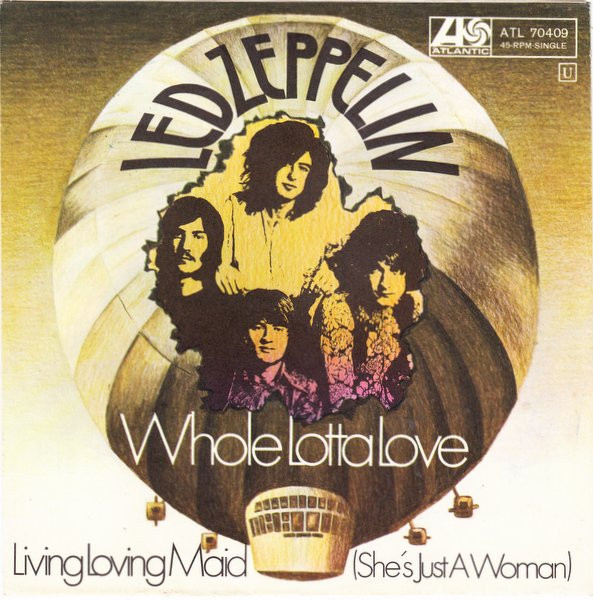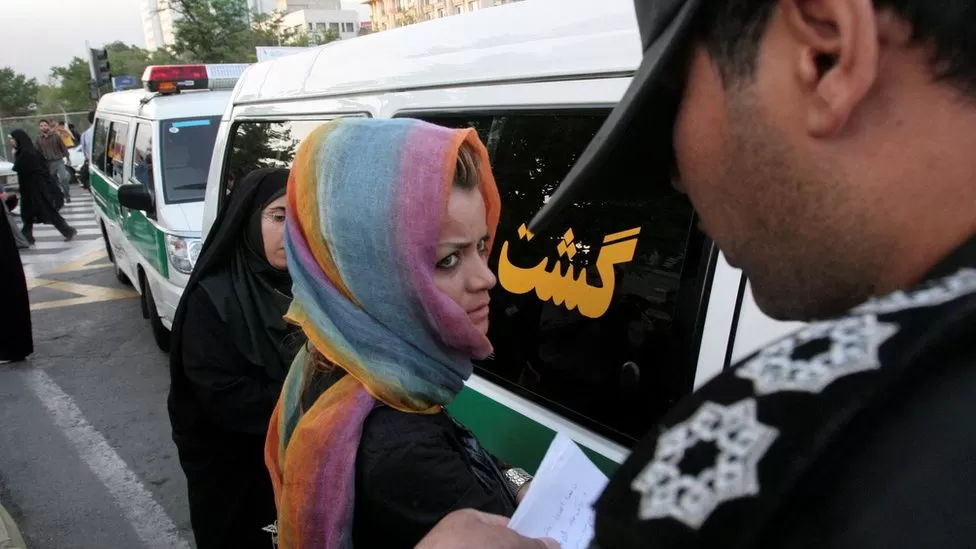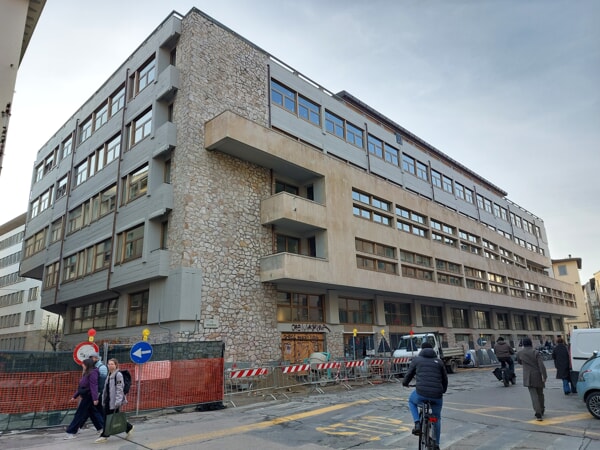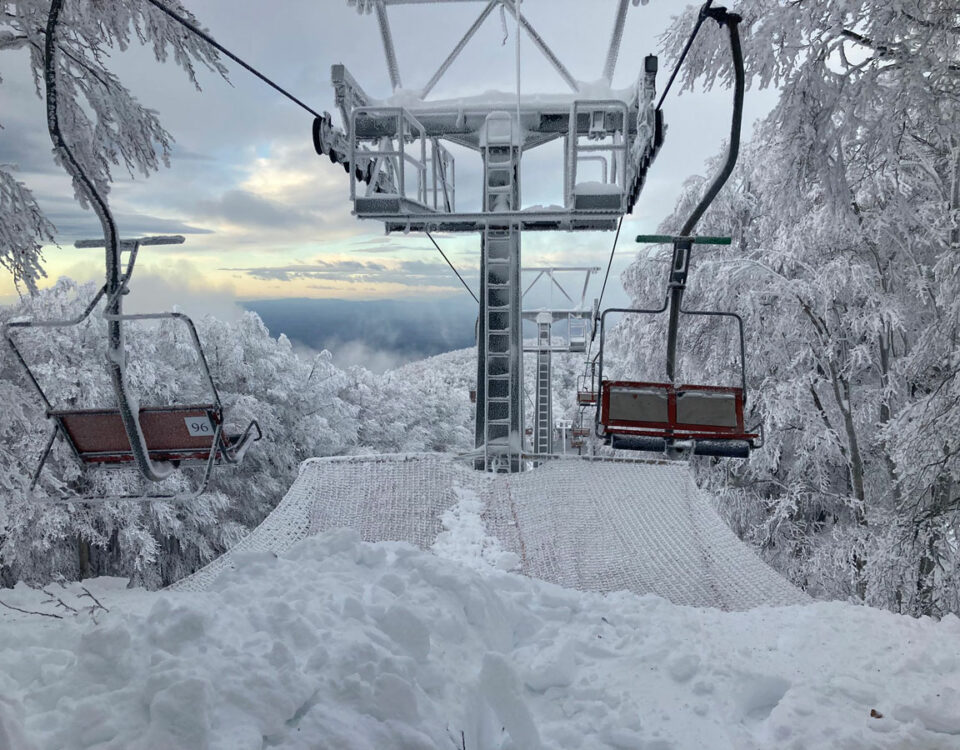
Led Zeppelin – Whole Lotta Love
17 Luglio 2023
News
17 Luglio 2023Mi ero posto questa domanda: “A proposito, ma che fine ha fatto il russo che doveva acquistare il Palazzo del Capitano?”.
E guarda, guarda..
Russian expatriate investors are under investigation
Aaron Schaffer
Western investigators scrutinize Russian emigre executives over Moscow links
Western intelligence officials are investigating whether wealthy and well-connected Russian expatriate investors have been part of a covert attempt to help Russia develop bleeding-edge technologies like artificial intelligence and quantum computing.
The probes have even ensnared Russian emigres working in the cybersecurity space, my colleague Joseph Menn reports.
Some of the expatriates were linked to one of three high-tech Russian technology initiatives:
The Skolkovo technology area, which the government subsidized and aimed to rival Silicon Valley in suburban Moscow.
The Russian Venture Company, a government investment vehicle to help Russian businesses build innovative technology that was sanctioned by the U.S. government in February.
And the Russian Quantum Center, a nonprofit research administrator that runs 12 laboratories near Moscow and was sanctioned in September.
But it’s not clear what the investigations, which have been demanding, have yielded. Here’s more from Joe:
The investigations have proven challenging because of sparse or contradictory public disclosures, the role of shell companies, and the closed nature of venture capital and private equity firms, which have far fewer regulations requiring disclosures than publicly traded companies.
Beyond that, records show some of the people at issue have changed not only their professed political beliefs but also the records of their past positions, their company names and rosters, and their own names. But the network’s high-level Russian government connections and its focus on strategic technologies have unnerved investigators, the people familiar with the probes said.
It’s not clear what counterintelligence and other officials have found. The FBI declined to comment.
Some of the expats have condemned Russia’s invasion of Ukraine, and many say they had already reduced or ended their ties to Russia. But people familiar with the inquiries say those claims aren’t being taken at face value.
“If they were going to put Russian money into strategic technology in the U.S., this is exactly how you would do it,” said one U.S. intelligence officer familiar with the inquiries. “Dark money going into [venture capital firms] in tech and politics we care about.”
In 2014, the FBI publicly warned the Massachusetts Institute of Technology (MIT) over an alliance with Skolko and founding president Viktor Vekselberg. He was sanctioned in 2018 and this year, and he’s of particular interest to investigators.
Vekselberg had two U.S. properties raided and a yacht seized this year; authorities said he committed money laundering and bank fraud. Vekselberg, who hasn’t been publicly charged with a crime, couldn’t be reached for comment.
Another Russian executive at the center of the network — cybersecurity founder and investor Serguei Beloussov — is being tracked, according to an official at an intelligence agency. But the U.S. government hasn’t found proof of a major security breach like the one that Kaspersky Labs disclosed in 2017. The federal government banned use of Kaspersky software that year.
U.S. and Swiss officials have made inquiries about Beloussov, a Soviet emigre who has led major companies like Acronis — a firm that won government contracts through at least 2017 and was spun off from his first big company, Parallels.
Beloussov helped start the Russian Quantum Center and became chairman of its board of trustees. He said he wasn’t paid for his work and helped because “at the time, it seemed to everyone that scientific collaboration was a good thing.”
Beloussov, who has Singaporean citizenship and changed his name to Serg Bell, founded a firm called Runa Capital, which has invested in firms that are working on key cybersecurity issues like building quantum computers, working to develop encryption capable of withstanding quantum computers’ power and making software for industrial devices.
In 2019, Russia’s special envoy for digital development Dmitry Peskov blessed Beloussov’s move abroad, saying he could do more for Russia outside of the country.
Beloussov says he hasn’t been to Russia in five years and that he spoke out against the invasion of Ukraine.
Russian expatriate investors are under investigation
https://www.washingtonpost.com/
Scrutiny mounts over tech investments from Kremlin-connected expatriates
Joseph Menn
Viktor Vekselberg attends the congress of Russian Union of Industrialists and Entrepreneurs in Moscow in 2018. (Maxim Shipenkov/EPA-EFE/Shutterstock)
Western intelligence officials are investigating whether a network of wealthy and well-connected expatriate Russian investors is part of a covert effort to aid their native country in developing cutting-edge technologies such as quantum computing and artificial intelligence through start-ups they funded in the United States, according to people familiar with the inquiries.
Before moving abroad and backing high-tech companies in the United States and allied nations, several of the expatriates were affiliated with one or more of three high-profile Russian tech initiatives: the government-subsidized Skolkovo technology area intended to rival Silicon Valley in suburban Moscow; the Russian Venture Co., a government investment vehicle to help Russian businesses develop innovative technology; and the nonprofit research administrator Russian Quantum Center, which operates 12 laboratories near Moscow.
Russian government money was included in venture funds managed by one of the expats at least as recently as 2019, according to fund postings, interviews and Russian media, an issue that has drawn investigators’ attention.
Western authorities expressed concerns over Russian technology funding as far back as 2014, when the Boston FBI publicly cautioned the Massachusetts Institute of Technology over an alliance with Skolkovo and its founding president, Viktor Vekselberg. Those concerns have intensified in the wake of Russia’s war in Ukraine, as authorities expand their lists of Kremlin allies to sanction with restrictions on assets or business dealings.
The Russian Venture Co. was sanctioned by the U.S. government in February, and the Russian Quantum Center was added to the list in September. Also that month, the government said it might add anyone who had worked on quantum computing for Russia in the past.
Some of the expatriates have denounced the invasion of Ukraine, and many say they ended or reduced ties to Russia years ago. But those claims are not being accepted at face value, according to the people familiar with the inquiries. It is unclear what conclusions have been drawn by counterintelligence and other officials, since intelligence cases are rarely made public. The FBI declined to comment.
The investigations have proved challenging because of sparse or contradictory public disclosures, the role of shell companies, and the closed nature of venture capital and private equity firms, which have far fewer regulations requiring disclosures than publicly traded companies.
Beyond that, records show some of the people at issue have changed not only their professed political beliefs but also the records of their past positions, their company names and rosters, and their own names. But the network’s high-level Russian government connections and its focus on strategic technologies have unnerved investigators, the people familiar with the probes said.
“If they were going to put Russian money into strategic technology in the U.S., this is exactly how you would do it,” said one U.S. intelligence officer familiar with the inquiries. “Dark money going into [venture capital firms] in tech and politics we care about.”
The reach of Russian technology has surprised officials in the past. In 2017, Russian security company Kaspersky Lab disclosed that its software had taken secret code for a U.S. hacking tool from an American customer. The discovery led to a directive that Kaspersky software be removed from U.S. government computer systems and prompted Kaspersky to abandon plans for expansion in the United States.
An official at another intelligence agency confirmed that one of the people at the center of the new network, tech security company founder and investor Serguei Beloussov, was being tracked, but said the United States had not found proof of a security breach of the sort it found with Kaspersky. Beloussov said in an interview that he had not been contacted by U.S. authorities and that he is not close to the Kremlin.
Of particular interest to investigators is Vekselberg, who has used a Northern California venture firm, Maxfield Capital, to invest in technology companies. He was named president of the Skolkovo Foundation on its launch in 2010.
Sanctioned in 2018 and again this year, Vekselberg had two U.S. properties raided in September and a yacht seized in April by authorities who said he had committed money laundering and bank fraud. Vekselberg has not been publicly charged with a crime. He could not be reached for comment.
Joining Vekselberg on the Skolkovo board was Alexander Galitsky, a talented engineer and inventor behind early
Scrutiny mounts over tech investments from Kremlin-connected expatriates





